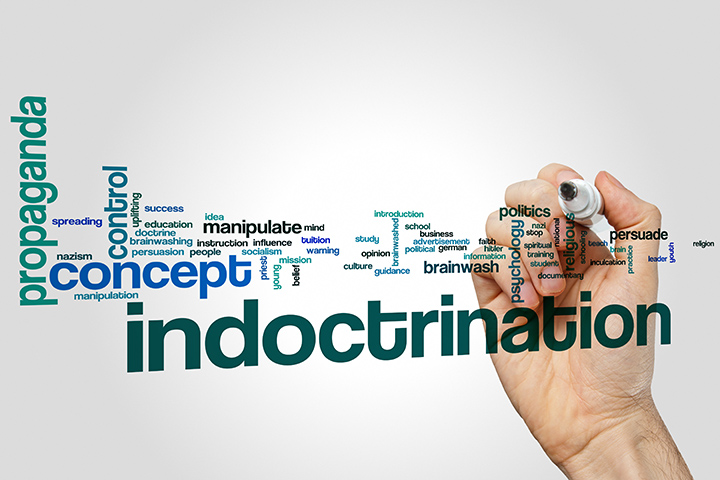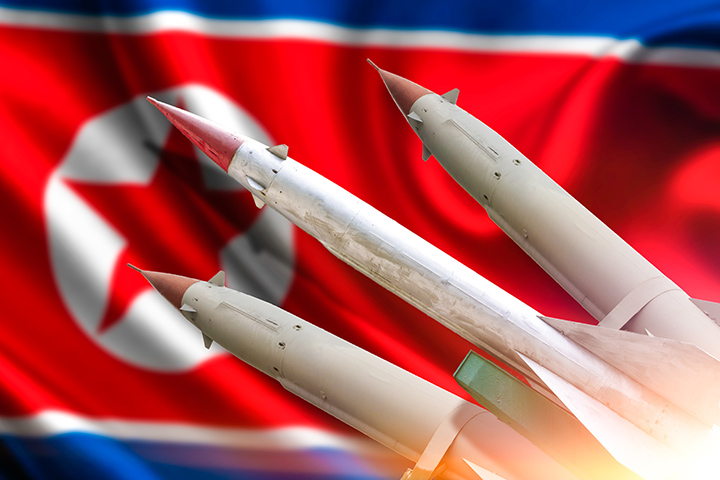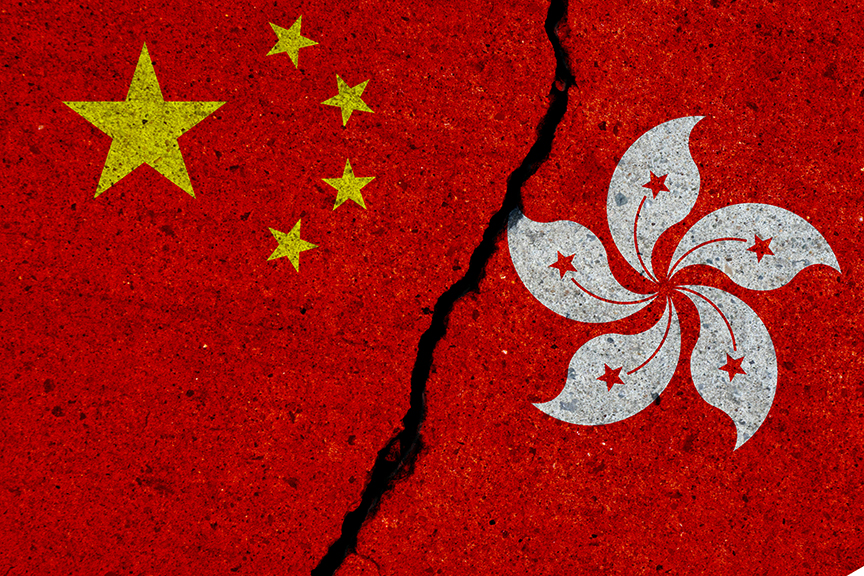Latin America & U.S. Put Political Squeeze on Venezuela Regime

by John J. Metzler
Weirs Times Contributing Writer
BUENOS AIRES – Two of Latin America’s political heavyweights have put the squeeze on Venezuela’s increasingly authoritarian regime. In a meeting between Argentine President Mau-ricio Macri and his new Brazilian counterpart Jair Bolsanaro, the leaders of the region’s two largest economies have stepped up pressures on Venezuela for democratic change.
The move is significant following the multinational Lima Group’s tough condemnation of socialist Venezuela just weeks ago as well as growing pressures by the international community to hold the regime of Nicolas Maduro responsible for growing political crackdowns and human rights violations all of which have triggered a massive refugee exodus from Venezuela.
Once a reasonably prosperous middle class and democratic country, contemporary Venezuela has deteriorated into a corrupt left wing dictatorship where three million people have fled from since 2014. Hyper inflation, food shortages, and mass protests plague the country of 33 million people facing economic free fall.
Argentina’s President Macri called Venezuela’s leader a “dictator” and joined the USA to press the Caracas regime for democratic transformation.
“Our cooperation with Argentina on the Venezuelan question is the clearest example of a convergence of positions and shared values,” Bolsonaro said. Later, Argentina’s Foreign Minister Jorge Faurie stated that the only legally constituted power in Venezuela was the opposition-run Congress. Indeed this freely elected but sidelined National Assembly has become a counter-weight of legitimacy to President Maduro’s strong-arm socialist system.
Both Macri and Bolsonaro agreed “to defend freedom and the recovery of democracy in Venezuela.” We reaffirm our condemnation of Maduro’s dictatorship. We will not accept this affront to democracy,” President Macri told the media in Brazil.
He added forcefully, “The international community has already recognized that Maduro is a dictator who seeks to stay in power through fictitious elections, imprisoning opponents and leading Venezuelans into a desperate situation.”
In the wider context, the Argentina/Brazil meeting was all about expanding cooperation and co-ordinating the strategic clout between South America’s two largest countries on political and economic matters.
The daily newspaper La Prensa headlined, “An Indispensable Alliance.”
Indeed it’s better that political and economic pressures on Maduro come from fellow Latin American countries than directly from the USA. The reason is simple; the Venezuelan regime wishes to portray its critics as the Americans and the Trump Administration. Thus while this is presented as the Yanquis as criticizing them, it’s far more difficult to resist the significant political sea change that the majority of fellow Latin Americans including Argentina, Brazil, Chile, Peru, and Colombia are profoundly critical of the Caracas regime.
Nonetheless events seem to have gathered a momentum of their own with tensions building between Maduro’s entrenched authoritarian regime and a widening, and possibly now united, opposition.
In an unprecedented video address to the Venezuelan people, Vice President Mike Pence offered the USA’s “unwavering support” and stated, “Nicolas Maduro is a dictator with no legitimate claim to power. He has never won the presidency in a free and fair election.” Maduro’s second term inauguration in early January came amid widespread international criticism save for a few allied comradely countries such as Cuba, Nicaragua and Bolivia. More importantly China and Russia are major political backers of Maduro.
The United States has been a strong and consistent supporter of Venezuela’s independent National Assembly and its leader Juan Guaido, (35 years old) as “the last vestige of democracy.”
Significantly in this dramatic showdown with Maduro, the opposition leader Juan Guaido has declared himself interim president of the bankrupt but oil-rich socialist state. The move was supported and subsequently recognized by the United States, Canada, most South American countries and the Organization of American States.
U.S. Secretary of State Mike Pompeo offered Washington’s political recognition to Juan Guaido’s interim government adding, “The Venezuelan people have suffered long enough under Nicolas Maduro’s disastrous dictatorship. We call on Maduro to step aside in favor of a legitimate leader reflecting the will of the Venezuelan people.”
The weathervane of Venezuela’s political fate depends on whether Maduro’s military and security police stay loyal to the regime or begin to fragment. The specter of wider violence looms as tensions are running high as political polarization hardens.
Secretary Pompeo stated forcefully, “The new Venezuelan government carries the flame of democracy on behalf of Venezuela.” The hinge of fate will determine whether the flames of civil conflict will soon ignite. Consequently, Nicolas Maduro should voluntarily step down and allow for truly free, fair, and internationally monitored elections.
Can dialogue pull Venezuela back from the brink? Hopefully so before it’s too late.
John J. Metzler is a United Nations correspondent covering diplomatic and defense issues. He is the author of Divided Dynamism The Diplomacy of Separated Nations; Germany, Korea, China.



